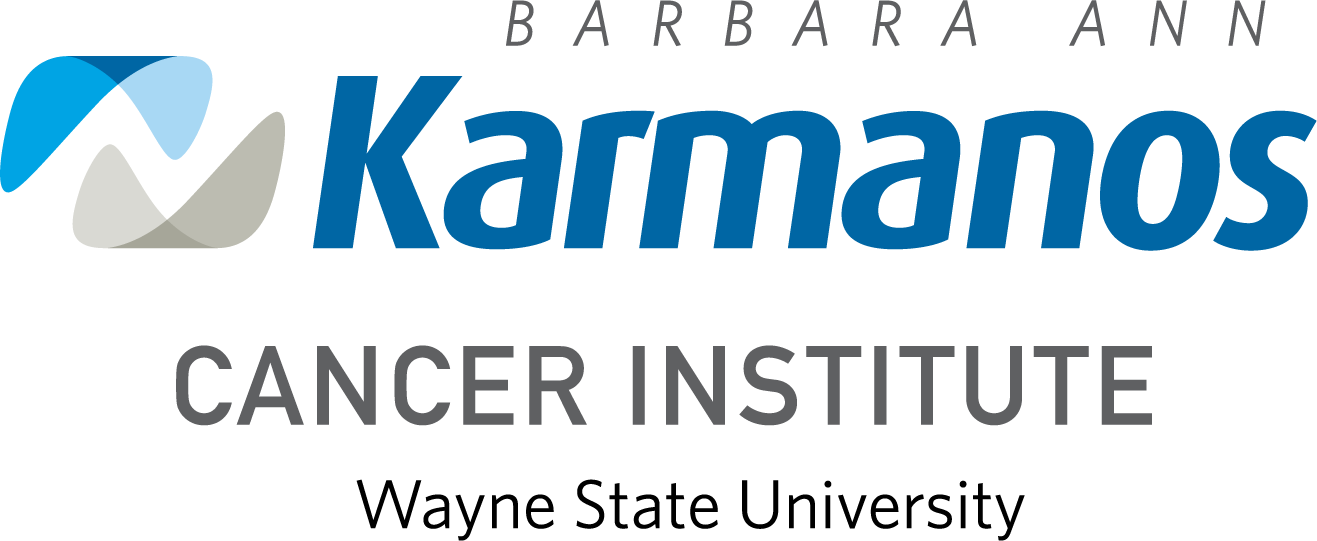
Dr Deol on Sequencing Treatment Options With CAR T-Cell Therapy in Multiple Myeloma

Abhinav Deol, MD, discusses the sequencing of CAR T-cell therapies with other readily available agents in multiple myeloma.
Abhinav Deol, MD, physician, Barbara Ann Karmanos Cancer Institute, associate professor, clinical hematology and oncology, Wayne State University, discusses the sequencing of CAR T-cell therapies with other readily available agents in multiple myeloma.
There has been an ongoing push for research in multiple myeloma, leading to the development of many new therapies , Deol begins. The treatment landscape in multiple myeloma treatment continues to grow with the
Many of the studies looking at both the BCMA-directed bispecific T-cell engagers and CAR T-cell therapies excluded patients who had received prior BCMA-directed therapy. Accordingly, there is limited data on responses in patients who receive another therapy targeting BCMA prior to treatment with CAR T-cell therapy, Deol expands. Real-world data have now been published showing that responses can still be seen in this population, but these response rates are lower when BCMA has been previously targeted, he says. Investigators also looked at a cohort of patients who had prior BCMA-targeted therapy to better understand what the response rates were with teclistamab. Although those patients did respond, the response rates are lower than would have been expected if they had not received any BCMA therapy, he explains.
Furthermore, the efficacy of a second round of CAR T-cell therapy following disease relapse after treatment remains unknown, Deol continues, saying that this area of interest currently has limited data. Learning more about the mechanism of relapse in these patients, whether it be due to a loss of T cells vs or a change in BCMA expression, may help us determine the optimal next line of treatment , Deol emphasizes. Overall, it is important to properly set expectations when talking to patients about beginning their second round of therapy with another BCMA-targeted agent, as it will most likely be less effective, he concludes.




































